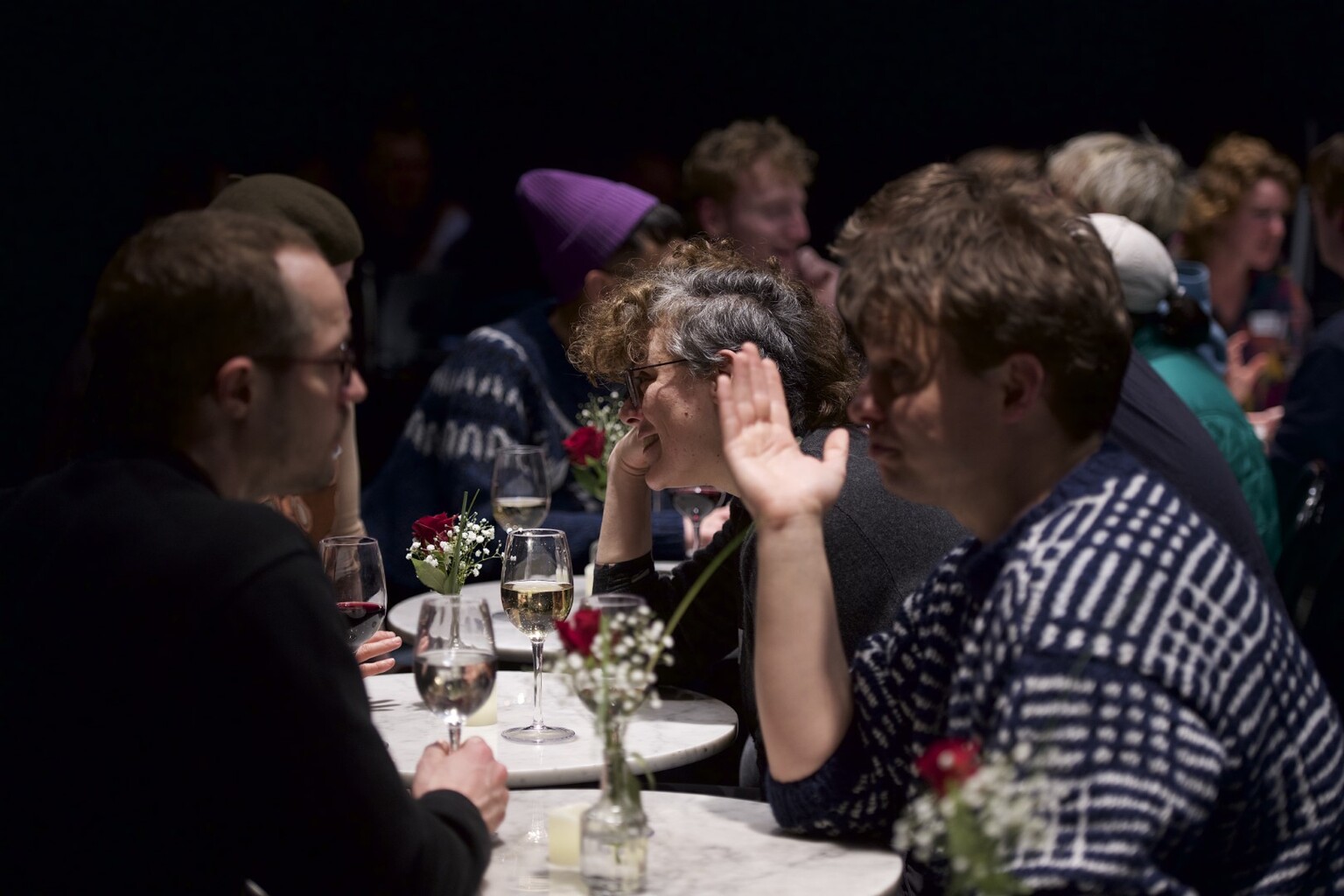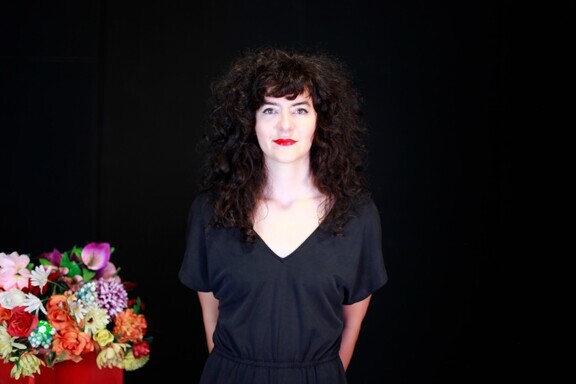Disputas

Public defence: Dragana Bulut
Research Fellow Dragana Bulut will defend her research work Social choreographies of emotion at the presentation of her artistic doctoral result at Oslo National Academy of the Arts.
Dragana Bulut is a PhD scholar in the doctoral program for artistic research at the Academy of Dance, Oslo National Academy of Arts.
The doctoral work is available in English in the Norwegian Academy of the Arts' institutional archive KHIODA.
The debate will take place in English.
Project description – summary
In this PhD research project, I investigate the commodification of emotions, through the lens of social choreography. By focusing on the emotions of happiness, love, and fear, this research project critically examines how these affective states are choreographed within contemporary society, revealing the complex sociopolitical processes that underpin this choreography. Building on my previous work, the project raises questions about the mechanisms through which these emotions are commodified within the capitalist framework, while simultaneously probing the possibilities of resistance and the cultivation of alternative affective practices. The project aims to assert social choreography as a reflective tool, one capable of illuminating the social transformations that shape our emotional landscapes.
The research is structured around three focal points: first, it investigates the impact of positive psychology on the contemporary experience of happiness; second, it interrogates the influence of safety culture on the experience of fear; and third, it unpacks the ways in which technological advancements and digitalization are reshaping the way we experience love. Building on the premise that social choreography not only reflects extant social orders but also has the capacity shape new ones, this research also explores the political potency of these emotions. Social choreography is thus viewed as both a lens for analysis and a medium for producing temporary communities—spaces where collective affect can be renegotiated, made visible, and potentially transformed.
Central to this investigation is the question of whether social choreography can serve as a tool for reflecting our affective and intimate sphere. How can choreography act as a mediator in revealing and making transparent the systems of control that invisibly choreograph our subjectivities and our emotional sphere? These questions are made visible as staged social choreographies, within a research project that frames a place of social gathering for observation, interaction, and reflection. The audience members are invited into a space where the choreographies of happiness, love and fear can be critically examined in their sociopolitical contexts.
This choreographic inquiry is transdisciplinary, reaching into the domains of sociology, psychology, and technology, as it observes emotions as social-cultural practices and reflects on their recent embeddedness in technology. The research project is designed as a multi-layered exploration, combining theoretical reflection and deconstruction with embodied affective practices, social gatherings, and performative stagings. These methodologies draw upon established social formats, transposing them within a performative framework through various modes, e.g. frame breaking, shifting, and substitution. Grounded in the tension between the immaterial and the material, between construct and affect, the research project challenges the boundaries between reality and fiction, creating a space for critical engagement with the emotional dimensions of contemporary life.
Committee
Committee leader: Ingri Fiksdal
1 st opponent: Edit Kaldor, ph.d and professor
2 nd opponent: Joy Kristin Kalu, ph.d and professor
